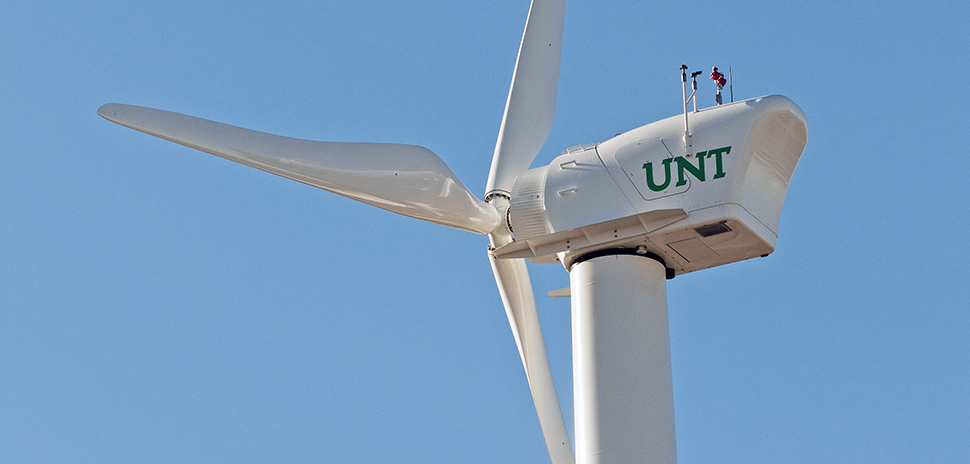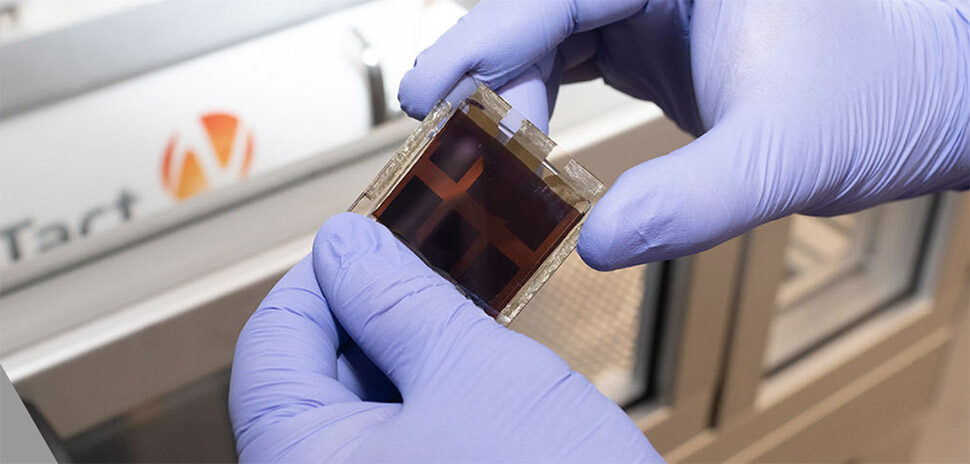A student group at the University of North Texas is buying enough renewable energy credits from Denton Municipal Electric to power both Denton campuses for a year.
The Denton Record-Chronicle reported that the We Mean Green Fund bought a year’s worth of the credits from Denton Municipal Electric’s GreenSense Energy program.
The We Mean Green Fund offers the UNT community an opportunity to make the school more green. Each student pays a $5 environmental service fee during the fall and spring semesters that is dedicated to reduce UNT’s impact on the environment, according to the school’s website.
What are renewable energy credits?
According to the Record-Chronicle, when a solar or wind farm delivers a megawatt of power to the electric grid, it generates a renewable energy credit that are used like currency and can be sold to other customers wanting to support renewable energy.
CREDITS HELP FUND RENEWABLE ENERGY PROJECTS
The credits help pay for renewable energy projects, according to the Record-Chronicle.
Including the 300-acre Discovery Park campus in northern Denton, UNT has 174 building on roughly 900 acres.
Customers of DME’s GreenSense Renewal Energy program pay roughly $5 more per month for their electricity to subsidize the city’s purchase of renewable energy credits, the newspaper said.
According to university officials, the UNT credits are roughly the same as powering 7,919 homes.
The university generates a small amount of renewable energy on campus, including from solar panels installed on Stovall Hall and three wind turbines at Apogee Stadium on the southern edge of the campus near Interstate 35.
Delivering what’s new and next in Dallas-Fort Worth innovation, every day. Get the Dallas Innovates e-newsletter.






























